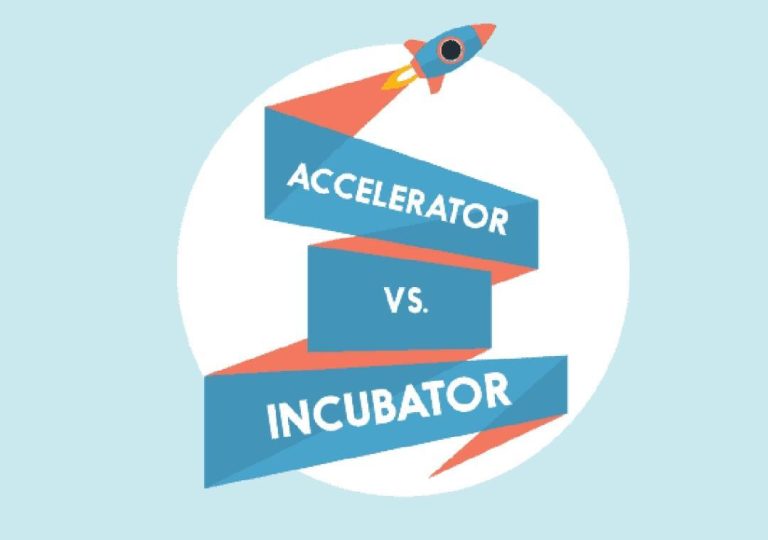
AI, Creators & Tier-2 Cities Power India’s Startup Growth
India’s startup ecosystem has been gaining momentum in recent years, with a rapidly evolving landscape characterized by the adoption of Artificial Intelligence (AI), omnichannel models, expansion into Tier-2 and Tier-3 cities, and creator-driven branding. A recent report by Meta-A&M provides valuable insights into the trends shaping India’s startup growth, revealing that 70% of startups are leveraging AI, 67% are adopting omnichannel strategies, and 95% are targeting smaller cities. Furthermore, an astonishing 88% of startups are partnering with influencers early on. These trends are revolutionizing how startups scale, connect with users, and build future-ready brands across India.
AI: The Game-Changer
Artificial Intelligence is transforming the way startups operate, from automating tasks to generating insights that inform business decisions. According to the Meta-A&M report, 70% of startups are using AI to drive innovation, improve efficiency, and enhance customer experiences. AI-powered chatbots, for instance, are being used to provide 24/7 customer support, while AI-driven analytics are helping startups identify new revenue streams and optimize marketing campaigns.
The adoption of AI is particularly prevalent in industries such as fintech, healthcare, and e-commerce, where AI can be used to process large amounts of data, identify patterns, and make predictions. Startups like Zoho, Freshworks, and muSigma are already leveraging AI to drive growth and stay ahead of the competition.
Omnichannel Models: The New Normal
The rise of omnichannel models is another key trend shaping India’s startup growth. Omnichannel strategies involve providing a seamless user experience across multiple channels, including social media, email, messaging apps, and websites. The Meta-A&M report reveals that 67% of startups are adopting omnichannel models to engage with customers, increase conversions, and build brand loyalty.
Omnichannel models are particularly effective in industries such as retail, travel, and hospitality, where customers expect a consistent experience across all touchpoints. Startups like Flipkart, Ola, and MakeMyTrip are already leveraging omnichannel models to provide personalized experiences to their customers.
Tier-2 and Tier-3 Cities: The Next Frontier
India’s startup growth is not limited to metropolitan cities like Bengaluru, Delhi, and Mumbai. Tier-2 and Tier-3 cities are emerging as new hubs for innovation and entrepreneurship, driven by factors such as lower costs, a more relaxed regulatory environment, and a larger talent pool.
The Meta-A&M report reveals that 95% of startups are targeting smaller cities, where they can tap into local markets, develop niche products, and build strong relationships with customers. Startups like Zomato, Swiggy, and Byju’s have already expanded into Tier-2 and Tier-3 cities, where they have found success by adapting to local preferences and needs.
Creator Economy: The Future of Branding
The rise of the creator economy is another key trend shaping India’s startup growth. The creator economy involves partnering with influencers, content creators, and thought leaders to build brand awareness, generate buzz, and drive engagement. According to the Meta-A&M report, 88% of startups are partnering with influencers early on to build their brand presence.
The creator economy is particularly effective in industries such as fashion, beauty, and gaming, where influencers can use their social media platforms to promote products and services. Startups like Nykaa, MamaEarth, and Dream11 are already leveraging the creator economy to build strong brand identities and connect with their target audiences.
Conclusion
India’s startup growth is being powered by a combination of AI adoption, omnichannel models, expansion into Tier-2 and Tier-3 cities, and the creator economy. These trends are reshaping how startups scale, connect with users, and build future-ready brands across India. As the startup ecosystem continues to evolve, it will be exciting to see how these trends shape the future of entrepreneurship and innovation in India.
News Source:






